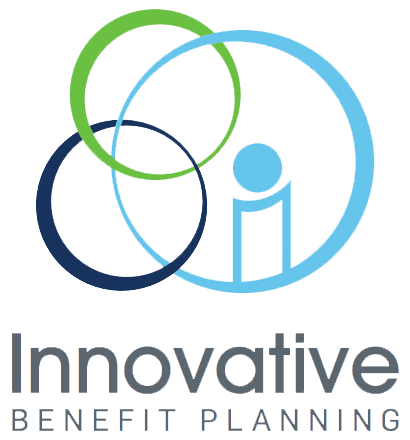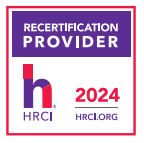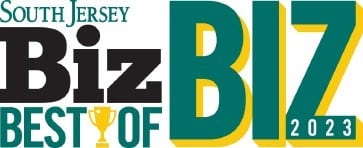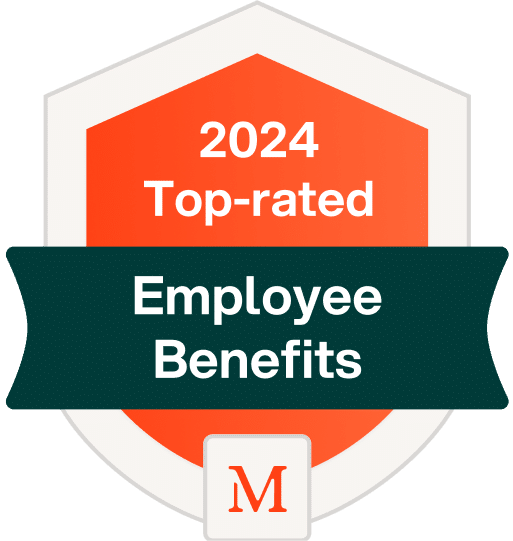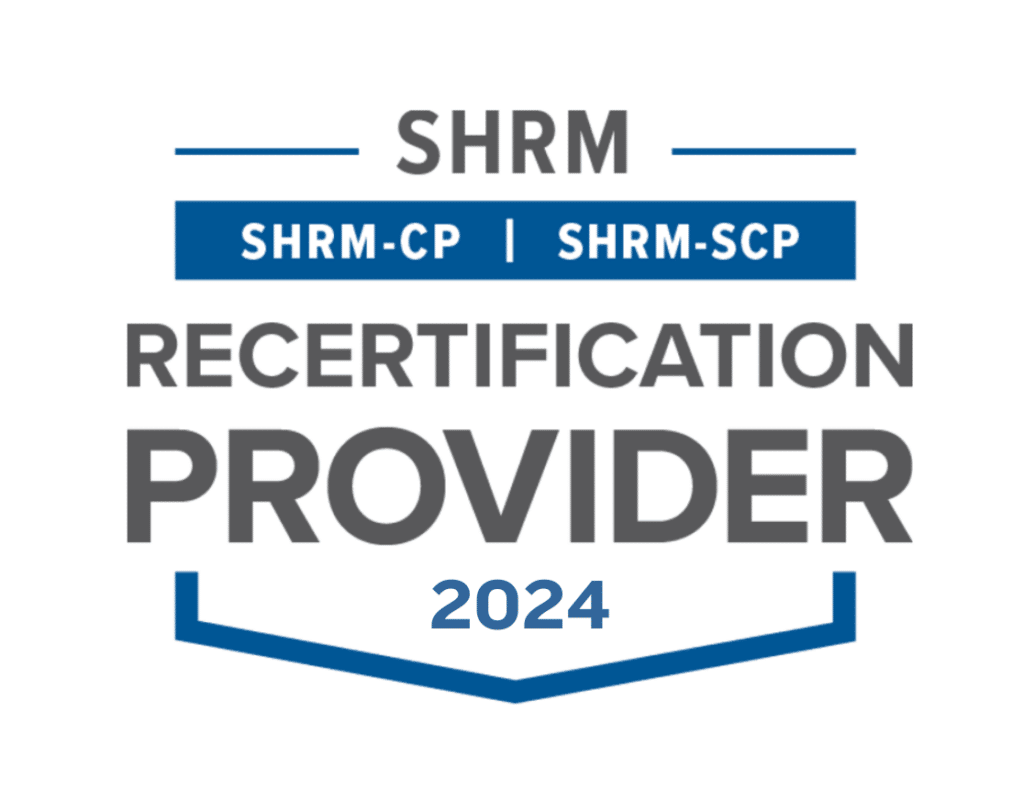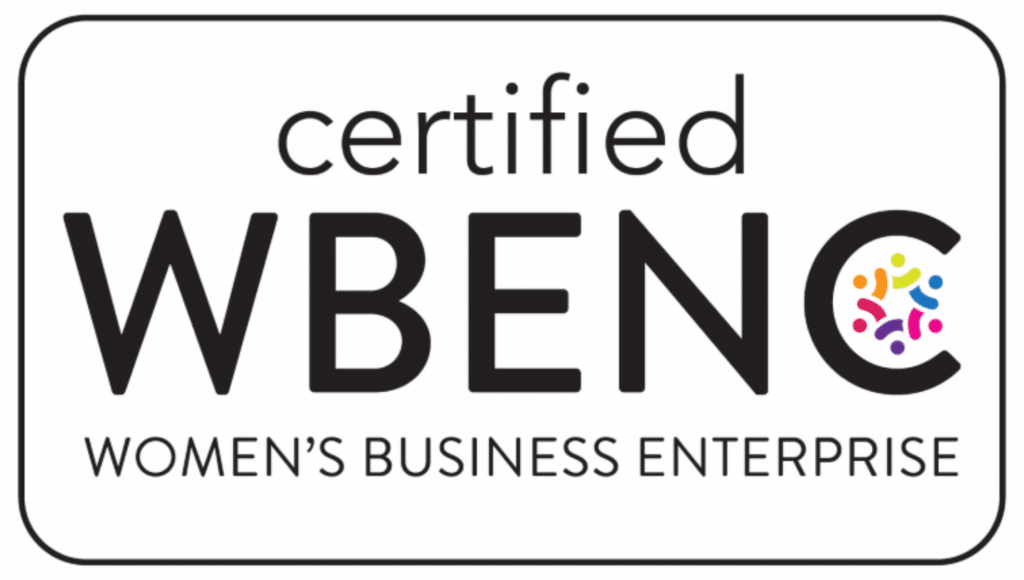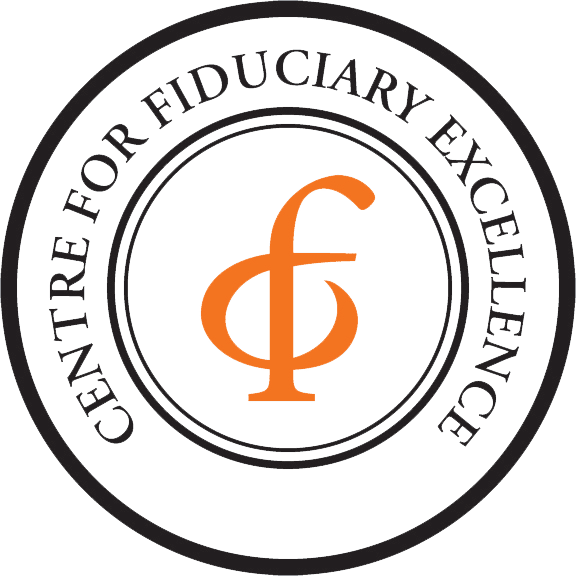On Monday, April 10, 2023, President Biden signed Congress’s jointly-introduced H.J Res. 7 into law, ending the COVID-19 National Emergency immediately instead of on May 11, 2023, as previously announced. However, the Department of Labor (DOL) has unofficially signaled that its previous guidance issued on March 29, 2023, stands, including guidance that the Outbreak Period will end on July 10, 2023. As background, the end of the Outbreak Period is significant because that is the date that plan sponsors are no longer required to offer a one-year extension of deadlines relating to COBRA elections and premium payments, HIPAA special enrollment elections and ERISA claims procedures. With the earlier end to the National Emergency, there has been some confusion regarding whether the July 10, 2023, date is the appropriate end of the Outbreak Period or whether it should be June 9, 2023, which is 60 days after the actual end of the National Emergency on April 10, 2023.
Based on the informal communications from the DOL, it appears that employers may continue to rely on the prior guidance from the DOL that the end of the Outbreak Period is July 10, 2023. Employers who have already started working with their COBRA administrators and other vendors to provide notices regarding the expiration of the extended deadlines and amend plan documents in accordance with earlier guidance would potentially experience unnecessary costs and create confusion among employees if the DOL announced on short notice that the end of the Outbreak Period was accelerated to June 9, 2023. Further, the DOL and other federal agencies have expressly encouraged employers to voluntarily extend these deadlines after the end of the Outbreak Period to allow employees more time to pay COBRA premiums, retroactively elect COBRA, or enroll in group health benefits under a HIPAA special enrollment right, for example. Accordingly, it would be inconsistent with the stated policy goals of the federal agencies to accelerate the date of the required deadline extensions.
On the other hand, employers and stakeholders who have long assumed that the end of the Outbreak Period would be 60 days after the end of the National Emergency may be questioning why it now appears the DOL is sticking with its originally announced date of July 10, 2023. The answer is that it appears the federal agencies always anticipated that end of the Outbreak Period may end on a date that they announce rather than being strictly tied to 60 days after the National Emergency ends. In both the original DOL announcement regarding the extension of deadlines (EBSA Disaster Relief Notice 2020-01) and the most recent federal agency guidance issued on March 29, 2023, the end of the Outbreak Period is defined as 60 days after the announced end of the National Emergency or another date announced by the DOL, Department of Health and Human Services or the Department of the Treasury. Accordingly, unless and until further guidance or notice is issued, it should be reasonable to rely on the guidance of the FAQs About Families First Coronavirus Response Act, Coronavirus Aid, Relief, and Economic Security Act, and Health Insurance Portability and Accountability Act Implementation, Part 58 (FAQS) and utilize July 10, 2023, as the announced date of the official end of the Outbreak Period.
What Should Employers Do Now?
For employers, the end of the National Emergency is linked to the end of the required extension of deadlines for COBRA, HIPAA special enrollment rights, claims, and other ERISA disclosures. The end of the Public Health Emergency ends the mandates to cover certain COVID-19 testing and supplies at no cost, as well as other pandemic-related relief. There are a few recommendations for employers in light of these changes:
- Analyze whether to impose permitted cost-sharing, prior authorization or other medical management requirements for COVID-19 diagnostic tests or provide other relief suggested by the FAQ such as continued extension of applicable deadlines for claims, COBRA and HIPAA special enrollment.
- Work with plan advisors to implement the changes to ensure that insurance carriers, including stop loss carriers, are on board with any COVID-19 enhancements the plan sponsor chooses to keep in place.
- Review plan documents and employee communications, including summary plan descriptions, to determine whether amendments are required to reflect the changes (note that language providing that the enhanced benefits only apply during the National Emergency and Public Health Emergency periods may not need to be amended).
- Immediately communicate changes in group health plan benefits and deadlines for claims, COBRA, and HIPAA special enrollment resulting from the end of the Public Health Emergency and National Emergency.
- Review and update current COBRA notices to reflect the end of the Outbreak Period and work with your COBRA administrator to communicate with impacted qualified beneficiaries regarding the end of extended deadlines to make coverage elections and pay premiums.
With this area quickly evolving, it will be important to stay abreast of potentially changing deadlines or employer requirements. We are working with carriers to ensure clients are prepared to make any necessary changes as the flexibilities toll. We will continue to issue updates as relevant guidance is issued.

This information is general and is provided for educational purposes only. It reflects UBA’s understanding of the available guidance as of the date shown and is subject to change. It is not intended to provide legal advice. You should not act on this information without consulting legal counsel or other knowledgeable advisors.
